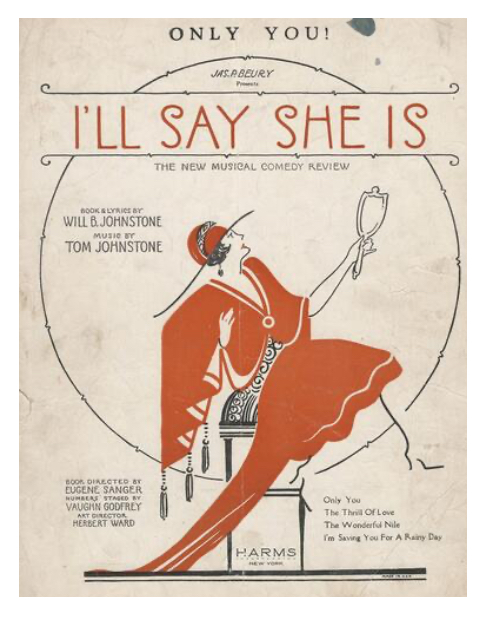
Jon Blackwell, an editor @wsj. Reporting events from a century ago.
How to get URL link on X (Twitter) App

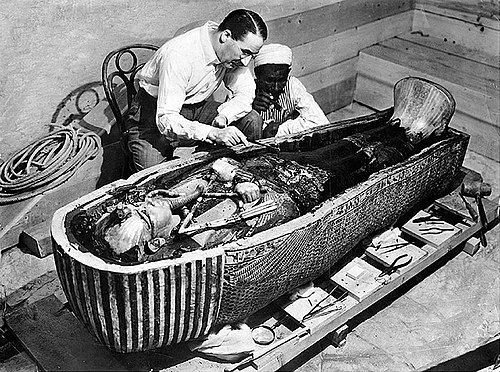

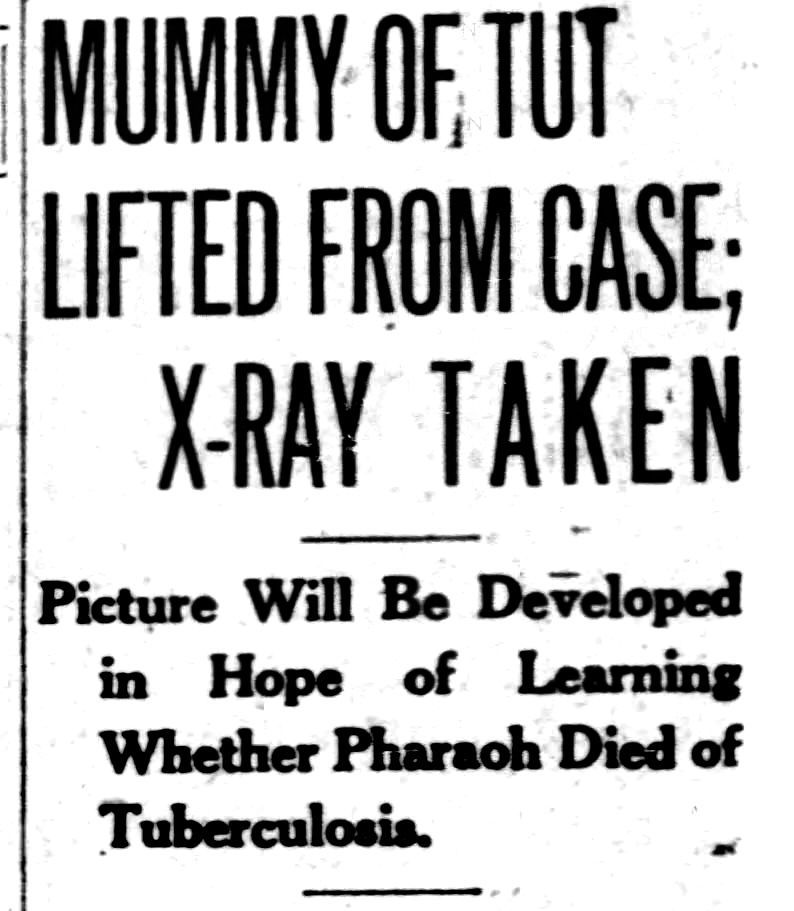 Tut’s body undergoes an eight-day examination by Douglas Derry, a Cairo University anatomy professor, who notes the king was of a light build, stood at about 5-foot-5 and died at about age 18. 2/4
Tut’s body undergoes an eight-day examination by Douglas Derry, a Cairo University anatomy professor, who notes the king was of a light build, stood at about 5-foot-5 and died at about age 18. 2/4 
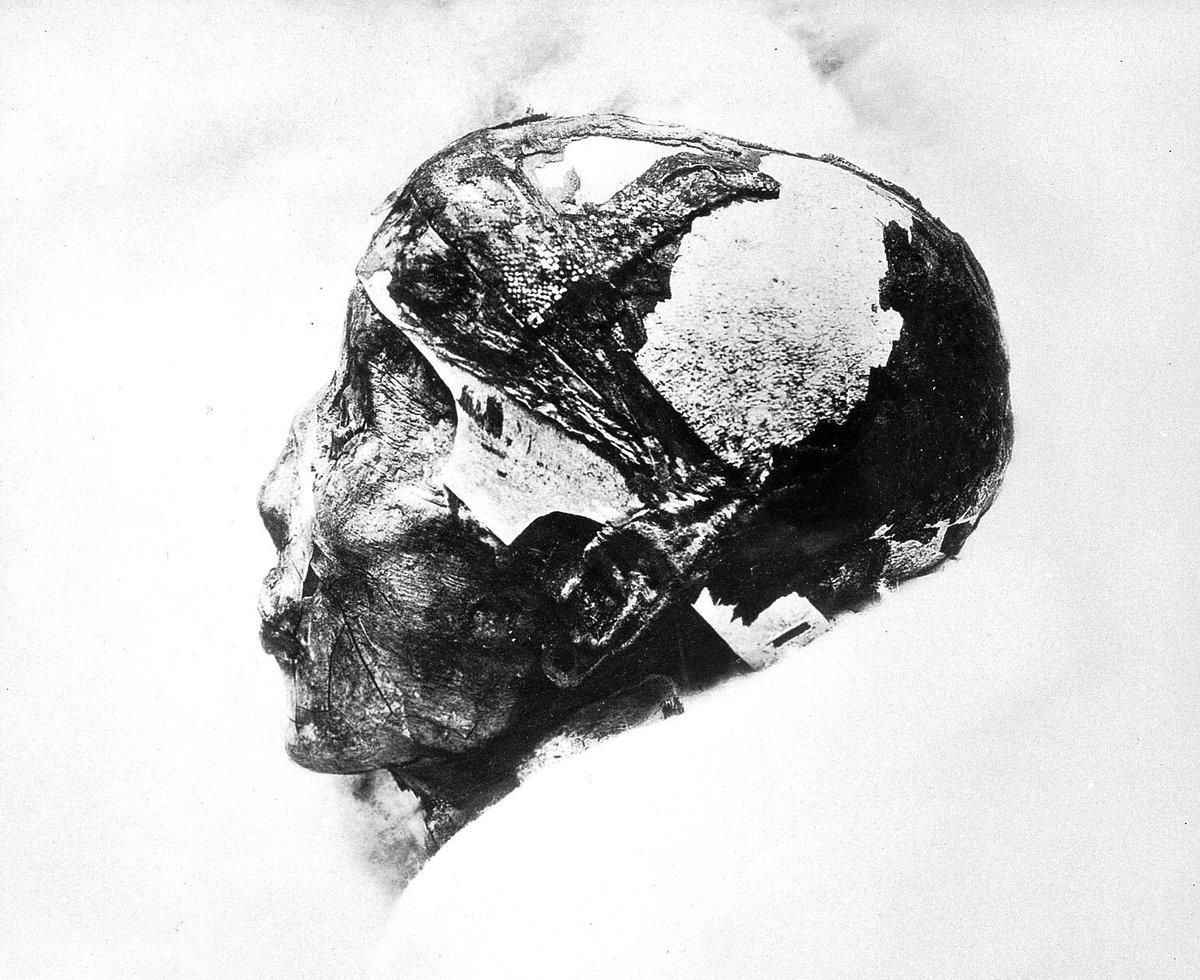


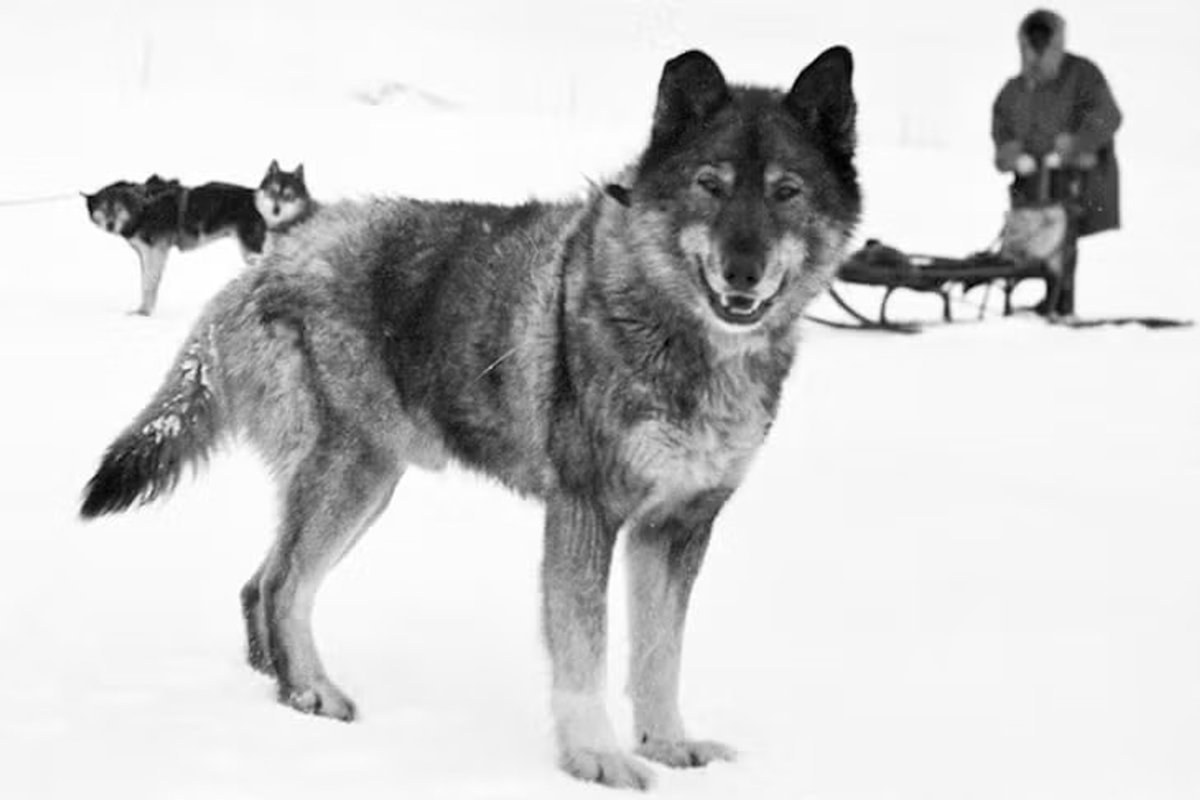
 A day earlier Nome ran out of the antitoxin that had been used to treat victims of the epidemic, and cases rose to 27; five people are dead with the toll likely to go higher. Serum is being sent from Nenana, 674 miles away, by sleds in a relay that will involve over 100 dogs. 2/8
A day earlier Nome ran out of the antitoxin that had been used to treat victims of the epidemic, and cases rose to 27; five people are dead with the toll likely to go higher. Serum is being sent from Nenana, 674 miles away, by sleds in a relay that will involve over 100 dogs. 2/8 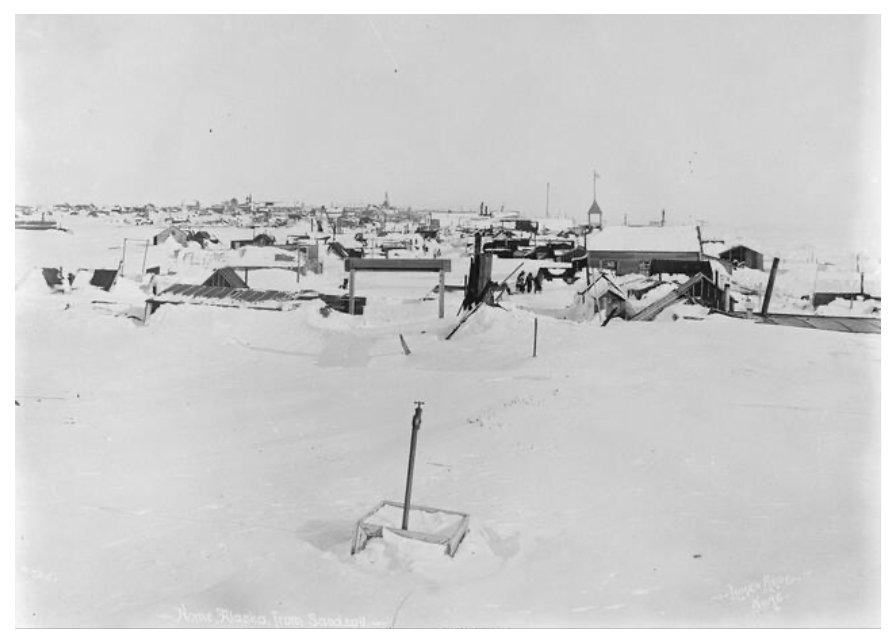
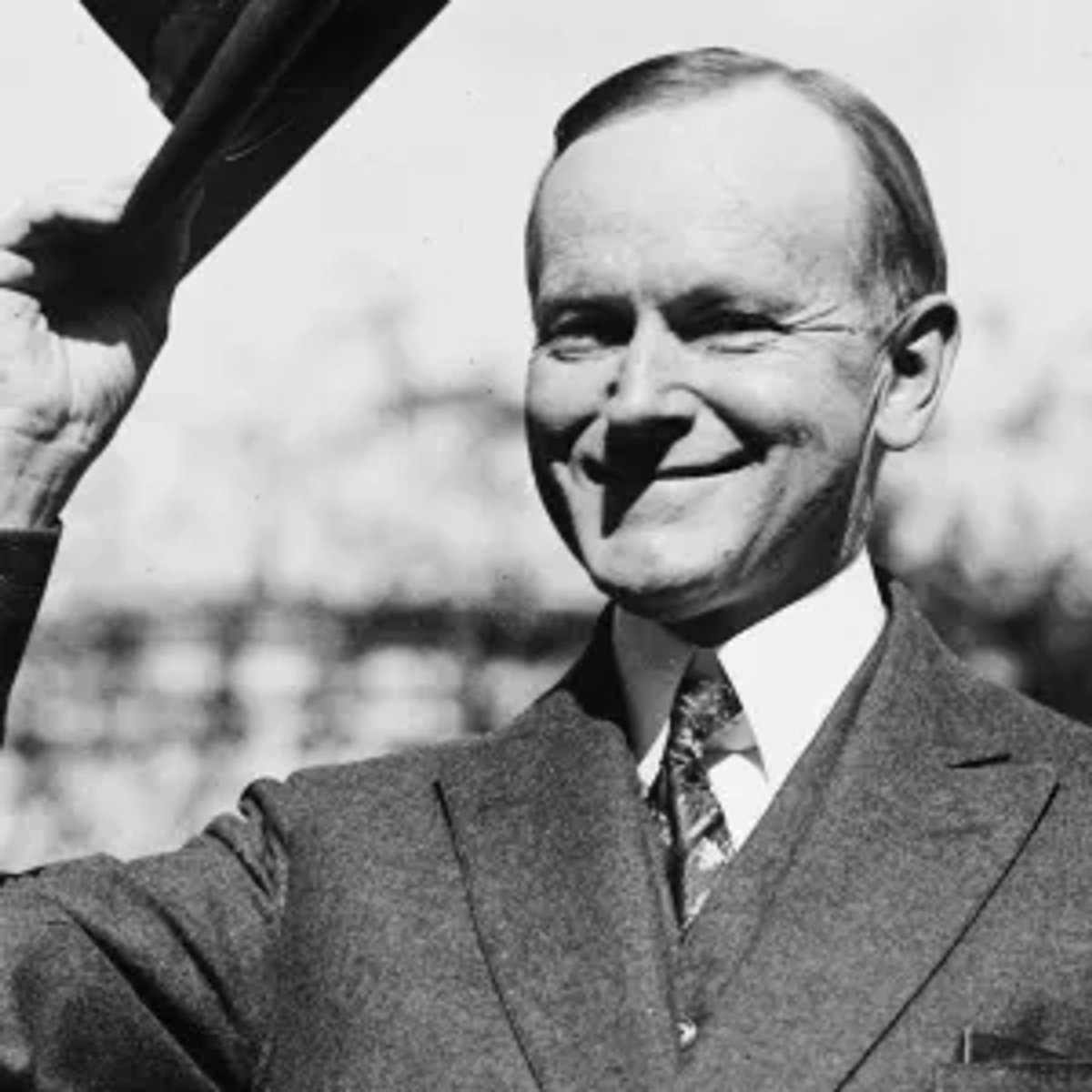


 With the country enjoying an economic boom and no foreign crises, a Coolidge victory has seemed like a foregone conclusion for months. The scale of his victory is still staggering: 382 of 531 electoral votes, and every state outside the South and LaFollette's Wisconsin. 2/9
With the country enjoying an economic boom and no foreign crises, a Coolidge victory has seemed like a foregone conclusion for months. The scale of his victory is still staggering: 382 of 531 electoral votes, and every state outside the South and LaFollette's Wisconsin. 2/9 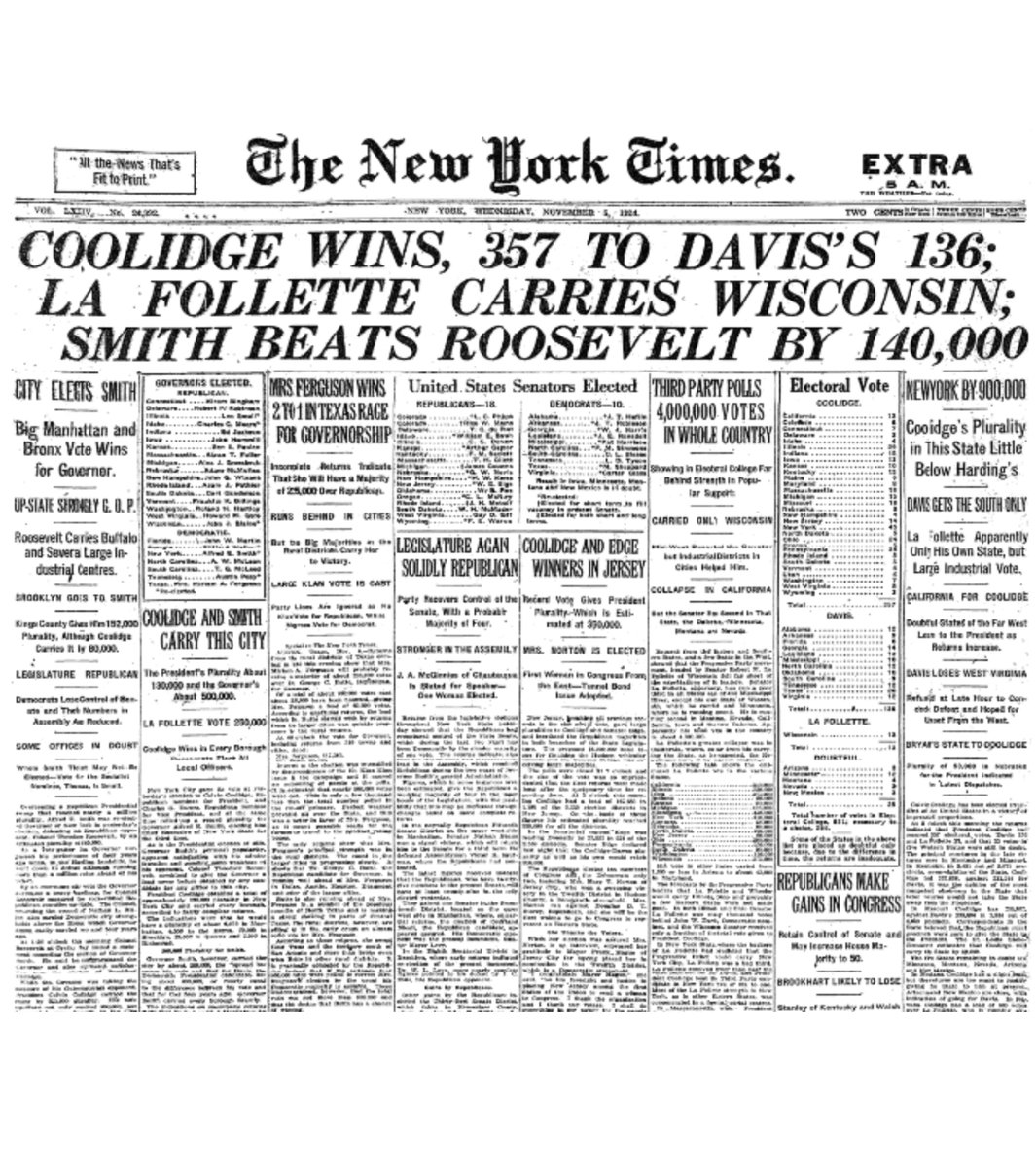
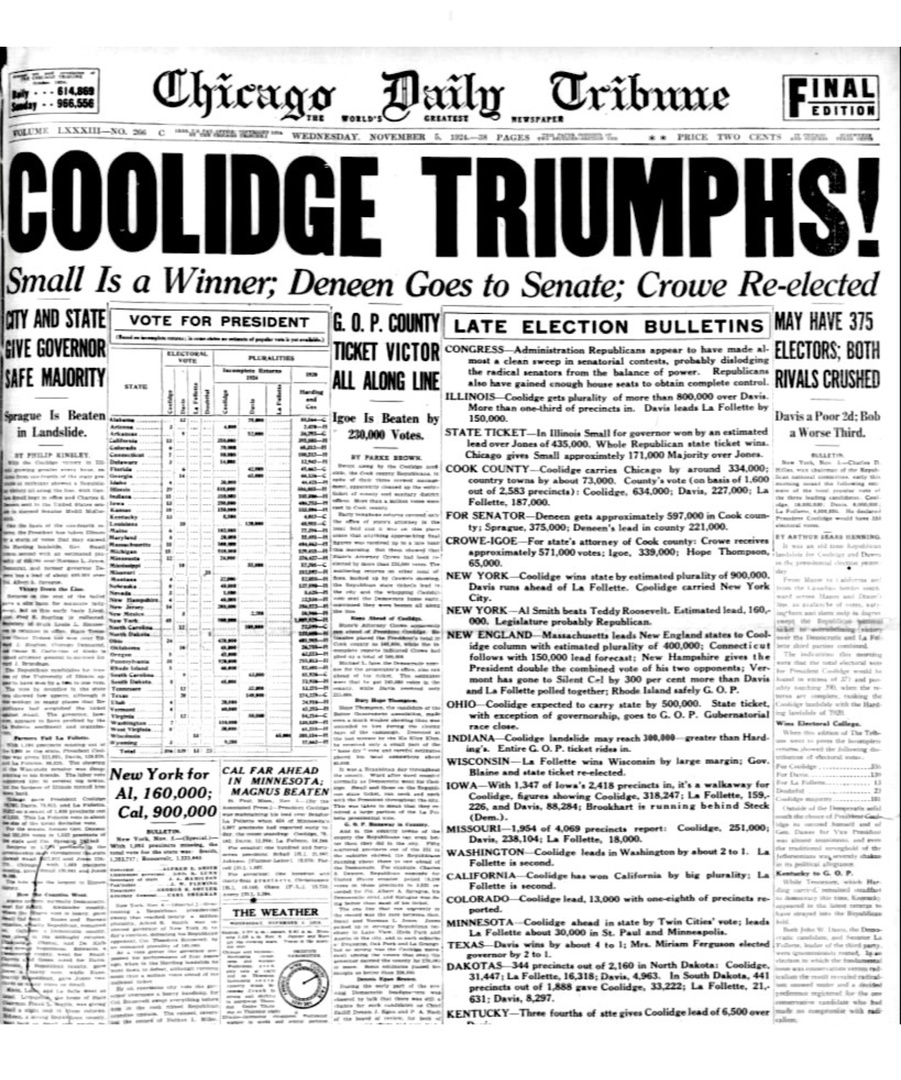


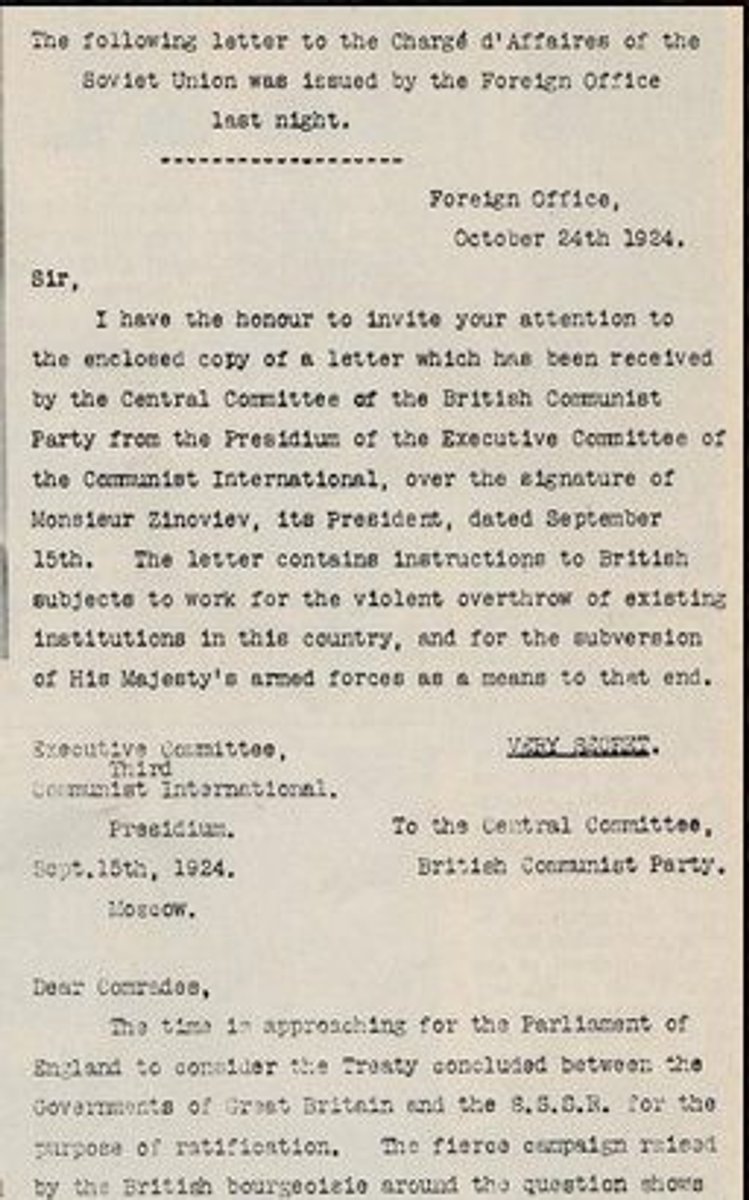
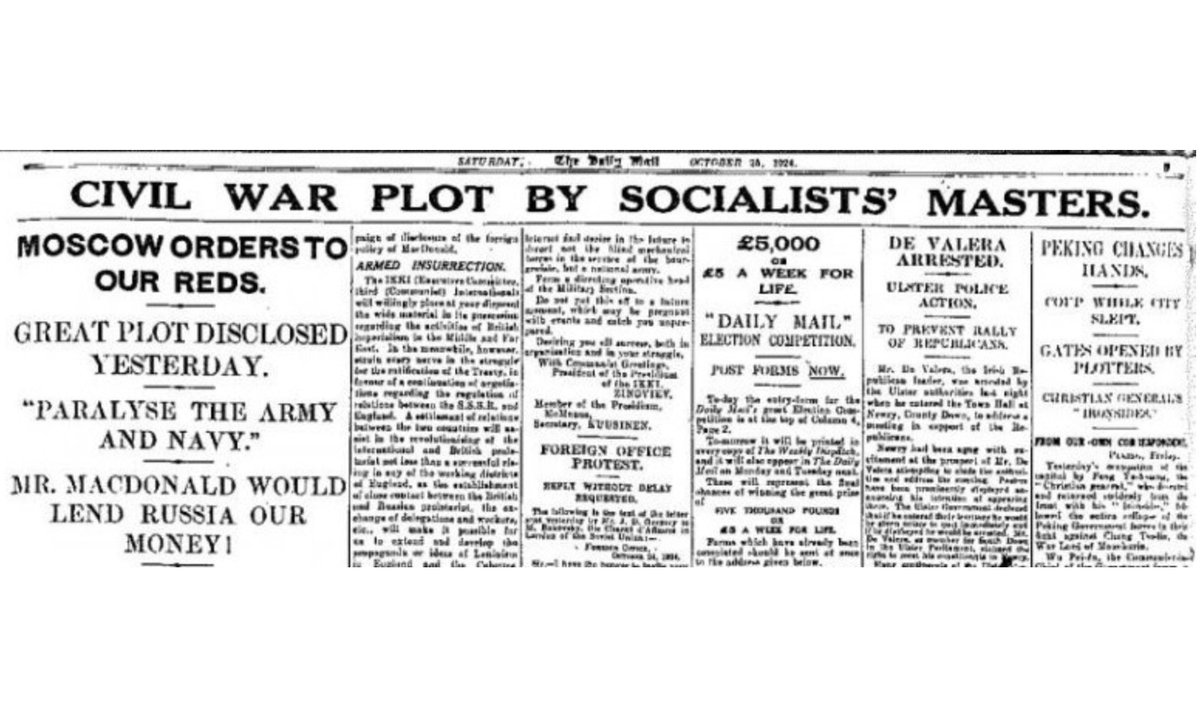 Prime Minister Ramsay MacDonald had been forced to call elections when the Liberals and Conservatives attacked his Soviet policy as too lenient. The letter is prominently splashed in newspapers, led by the Daily Mail under the headline “Civil war plot by socialists’ masters.” 2/7
Prime Minister Ramsay MacDonald had been forced to call elections when the Liberals and Conservatives attacked his Soviet policy as too lenient. The letter is prominently splashed in newspapers, led by the Daily Mail under the headline “Civil war plot by socialists’ masters.” 2/7 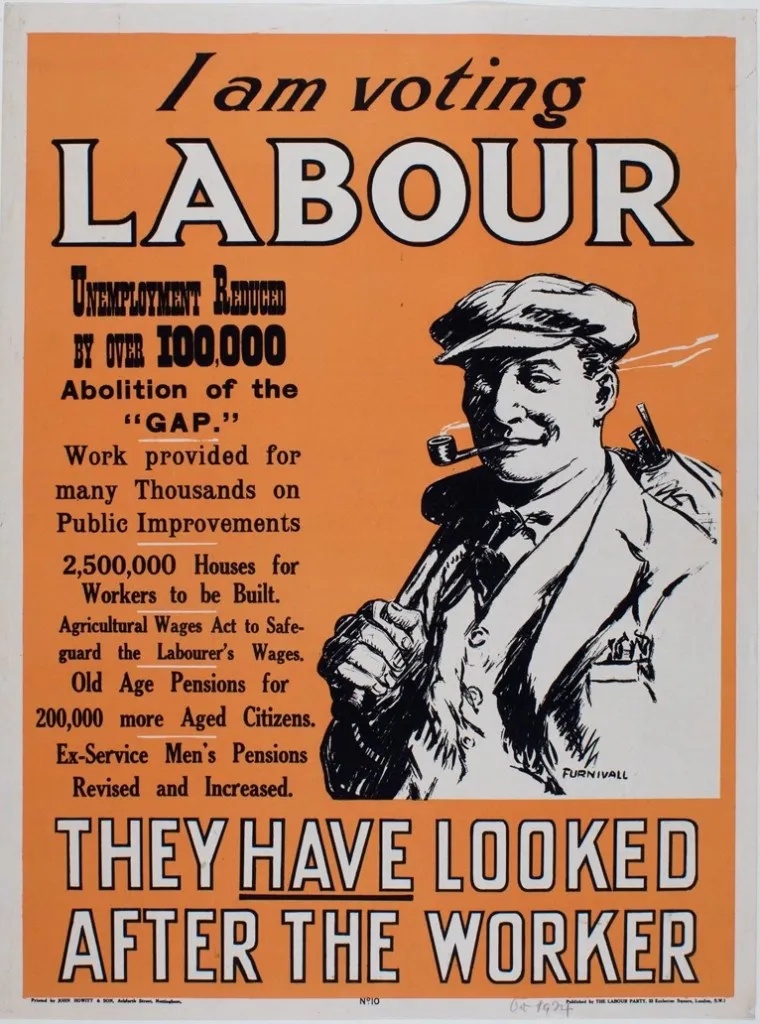

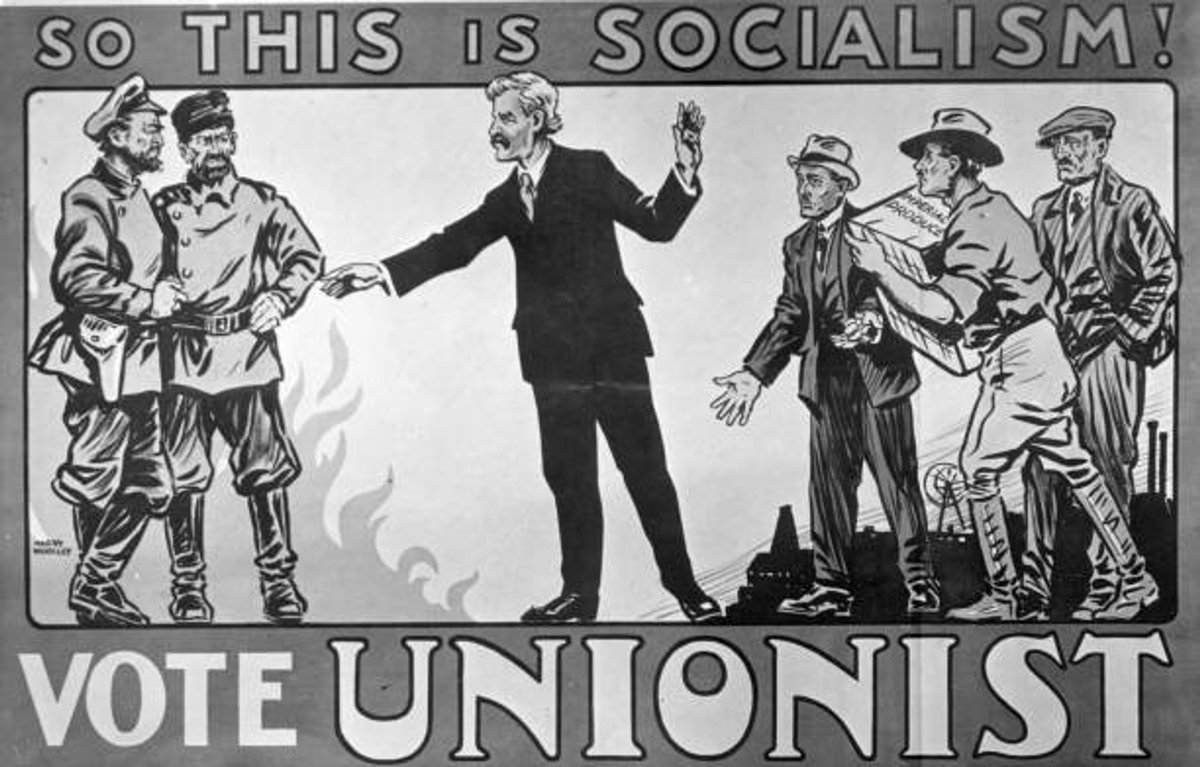
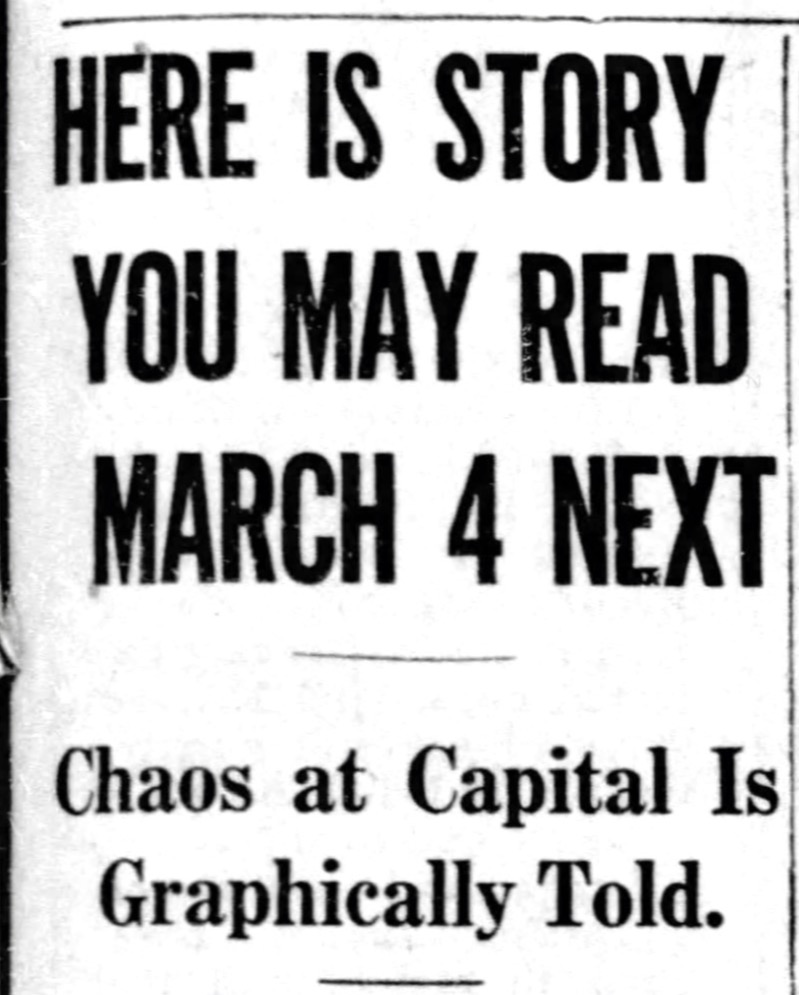

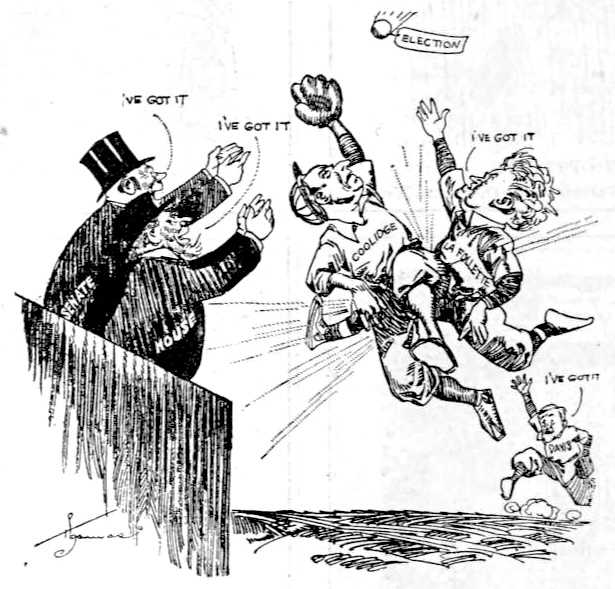 President Coolidge, the Republican, is overwhelmingly favored to win a popular vote plurality. But the Solid South states are a lock for Democratic nominee John W. Davis and Progressive candidate Robert LaFollette is expected to pull several Midwest states into his column. 2/5
President Coolidge, the Republican, is overwhelmingly favored to win a popular vote plurality. But the Solid South states are a lock for Democratic nominee John W. Davis and Progressive candidate Robert LaFollette is expected to pull several Midwest states into his column. 2/5 
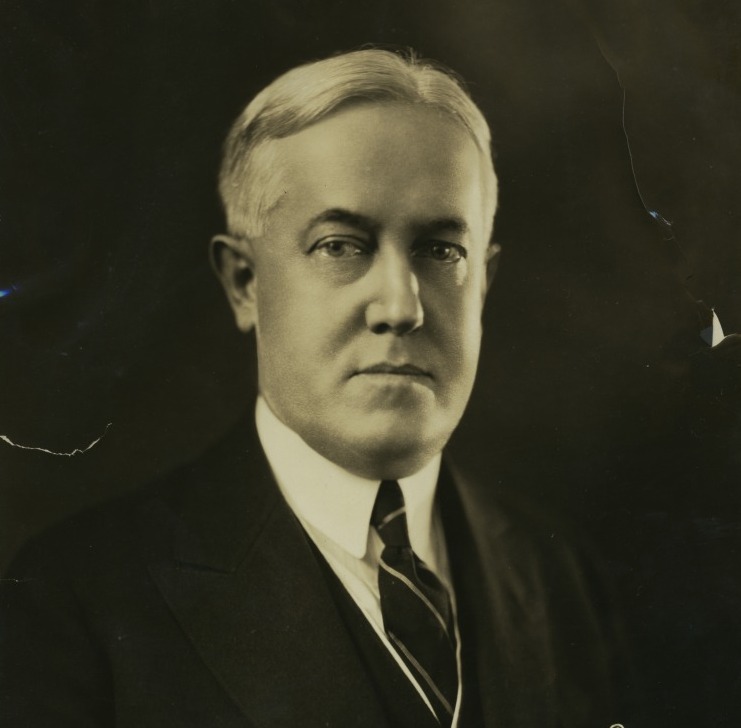
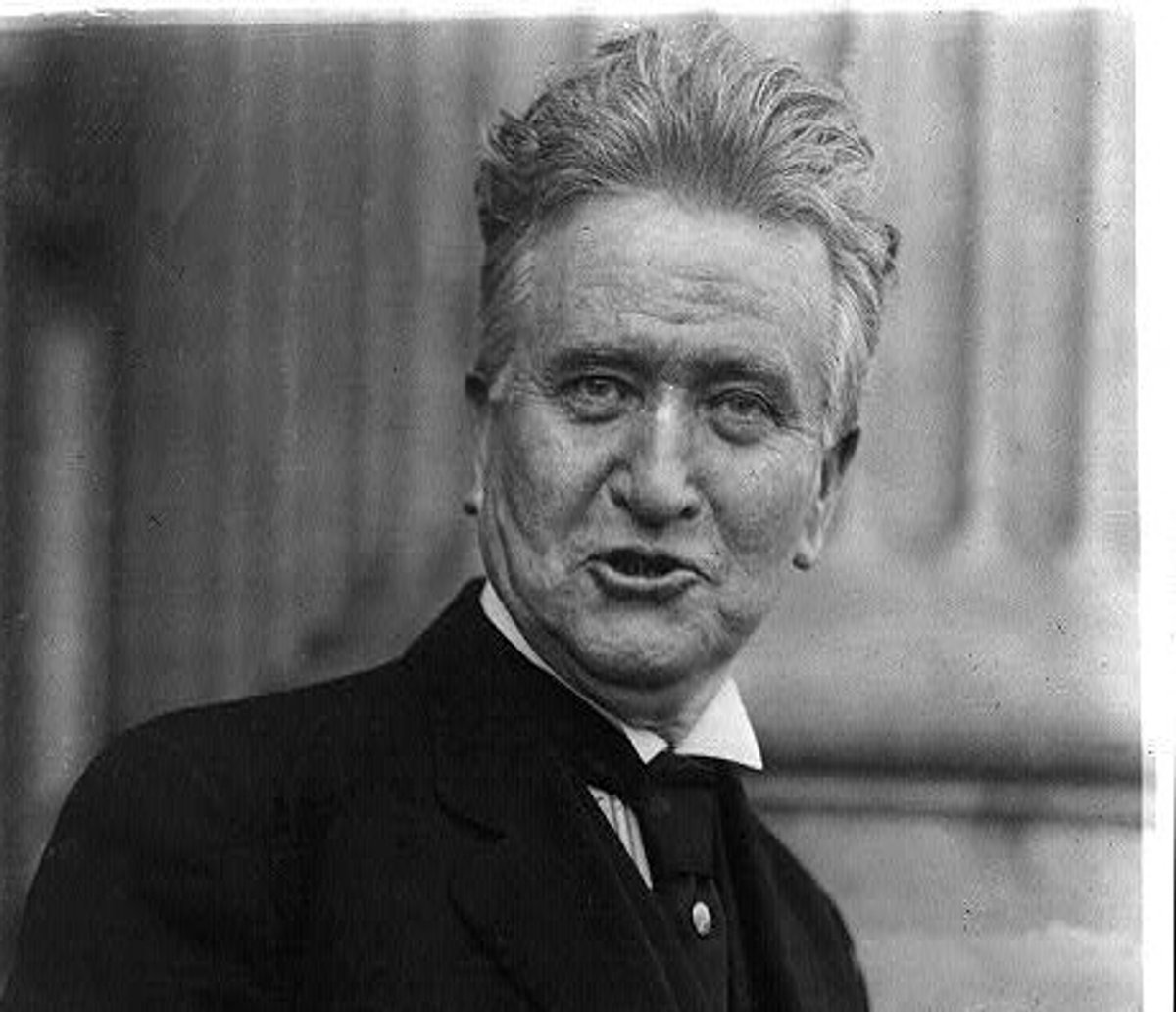
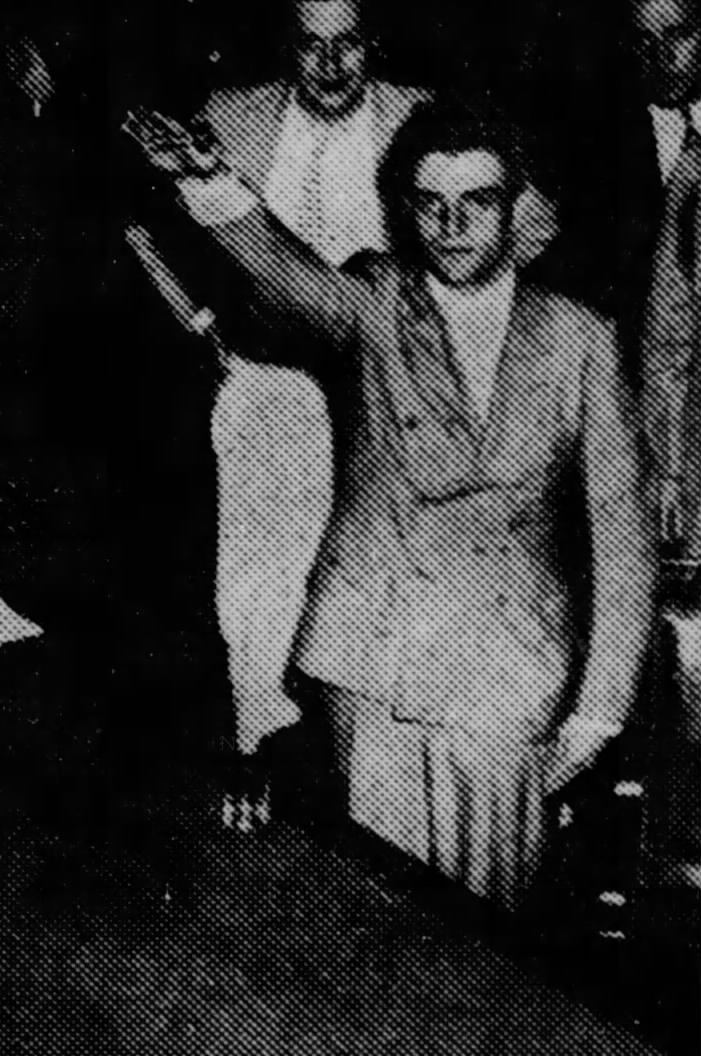

 At the time, Hitler’s National Socialists are just one in a scattering of extremist groups. As the Nazis gain strength in the early 1930s, the Teutonians pledge devotion to them. Fritz Gissibl becomes Hitler’s top fund-raiser and spokesman in the U.S. 2/5
At the time, Hitler’s National Socialists are just one in a scattering of extremist groups. As the Nazis gain strength in the early 1930s, the Teutonians pledge devotion to them. Fritz Gissibl becomes Hitler’s top fund-raiser and spokesman in the U.S. 2/5
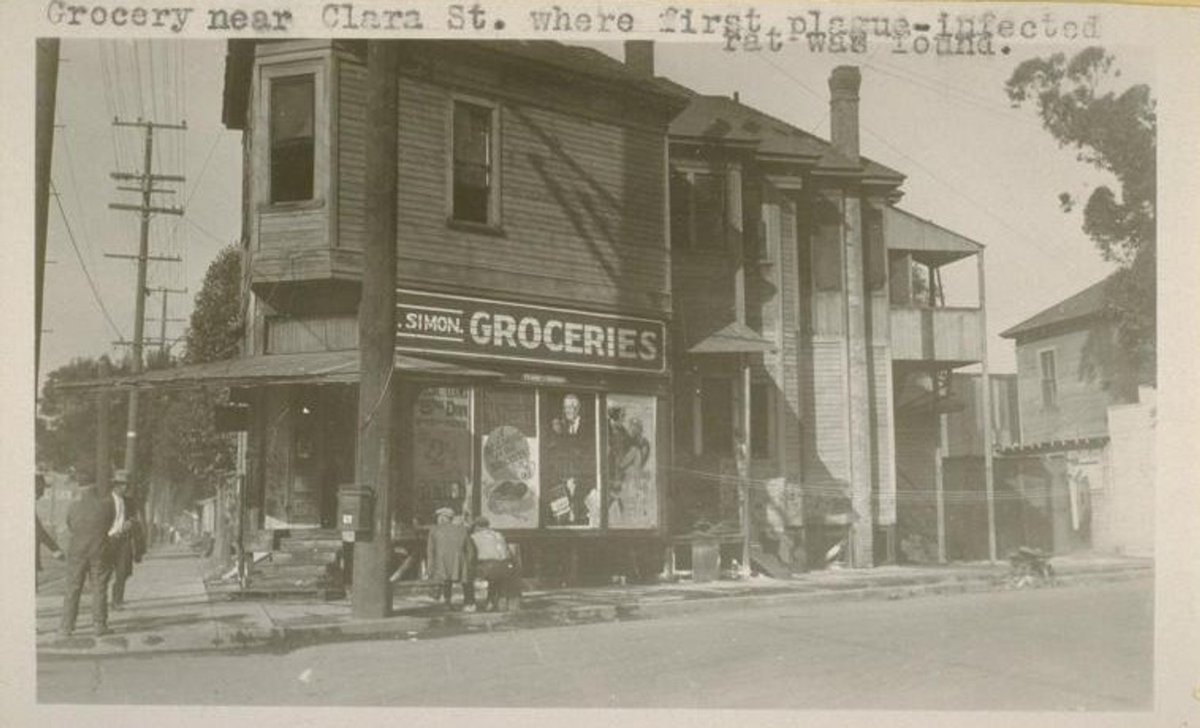
 Los Angeles' epidemic of 1924 will prove the country's deadliest plague since 1900 and the last reported U.S. incidence of pneumonic plague—the bacteria infecting the lung and transmitted through the air. 37 will die, with public health measures likely saving many lives. 2/6
Los Angeles' epidemic of 1924 will prove the country's deadliest plague since 1900 and the last reported U.S. incidence of pneumonic plague—the bacteria infecting the lung and transmitted through the air. 37 will die, with public health measures likely saving many lives. 2/6 
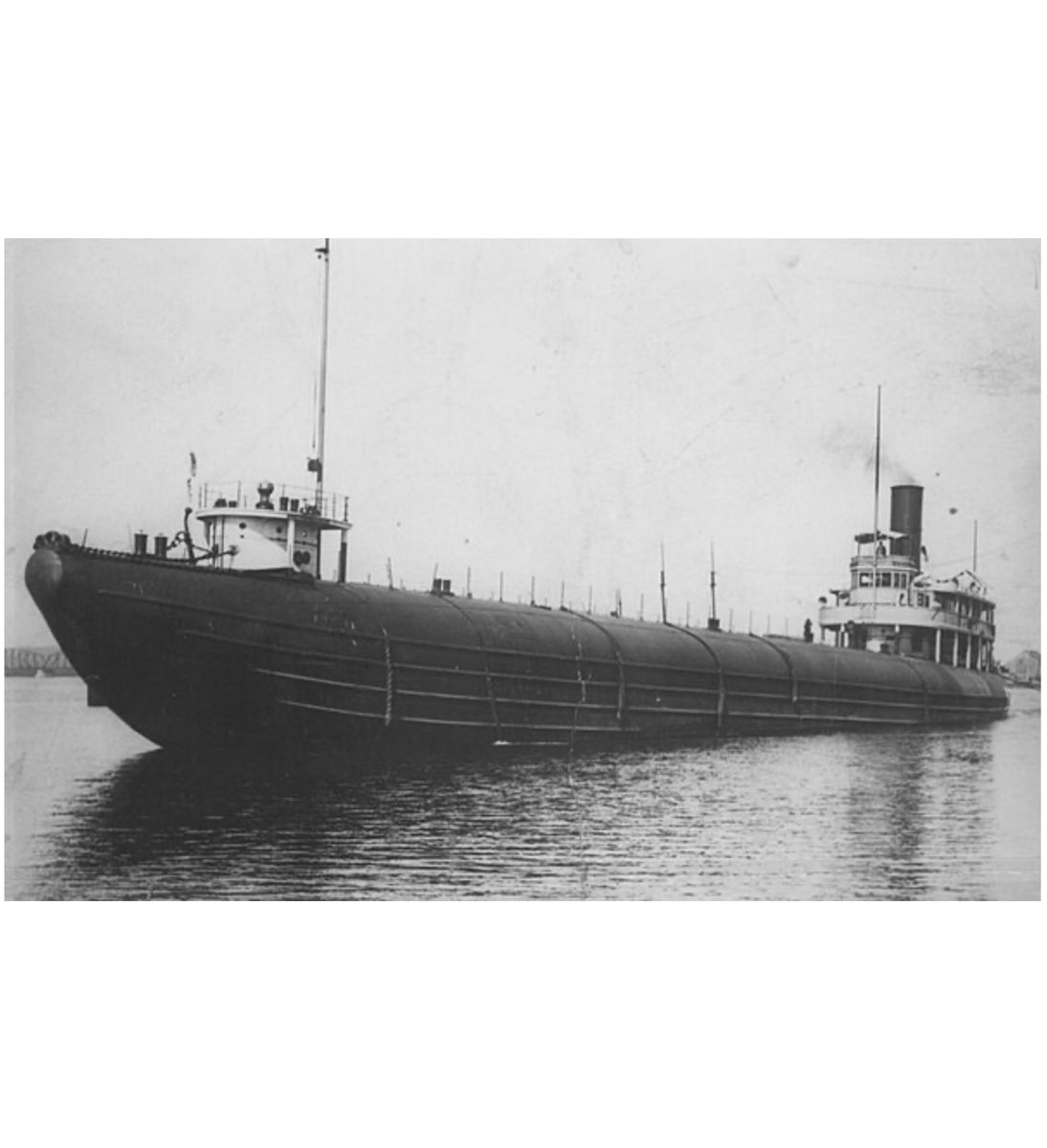

 Painted bits of wood are found in the vicinity of the wreck later in the week, but no bodies. A folk song imagines that the Clifton was overwhelmed by waves: “And the mad billows leap like wild beasts from their lair/And in their wild rush not a life will they spare!” 2/3
Painted bits of wood are found in the vicinity of the wreck later in the week, but no bodies. A folk song imagines that the Clifton was overwhelmed by waves: “And the mad billows leap like wild beasts from their lair/And in their wild rush not a life will they spare!” 2/3
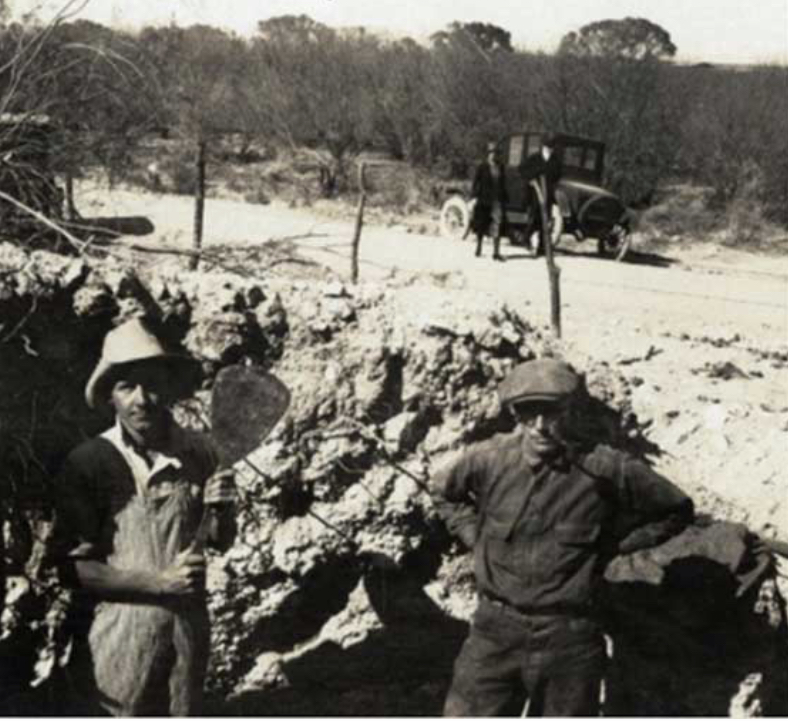


 Included in the pits, some buried as much as 5 feet deep, are more crosses, a sword and one stone. The inscriptions tell of a Roman people who crossed the sea and landed in “Calalus” about 775 A.D. They conquered a Toltec Indian city, Rhoda, and built a trading empire. 2/5
Included in the pits, some buried as much as 5 feet deep, are more crosses, a sword and one stone. The inscriptions tell of a Roman people who crossed the sea and landed in “Calalus” about 775 A.D. They conquered a Toltec Indian city, Rhoda, and built a trading empire. 2/5



 Leopold and Loeb, two well-educated children of privilege, had shocked the country in May with their kidnapping of a 14-year-old millionaire's son, Bobby Franks. Their motive—to collect a ransom and prove their supposed genius—is baffling and enraging to the public at large. 2/9
Leopold and Loeb, two well-educated children of privilege, had shocked the country in May with their kidnapping of a 14-year-old millionaire's son, Bobby Franks. Their motive—to collect a ransom and prove their supposed genius—is baffling and enraging to the public at large. 2/9 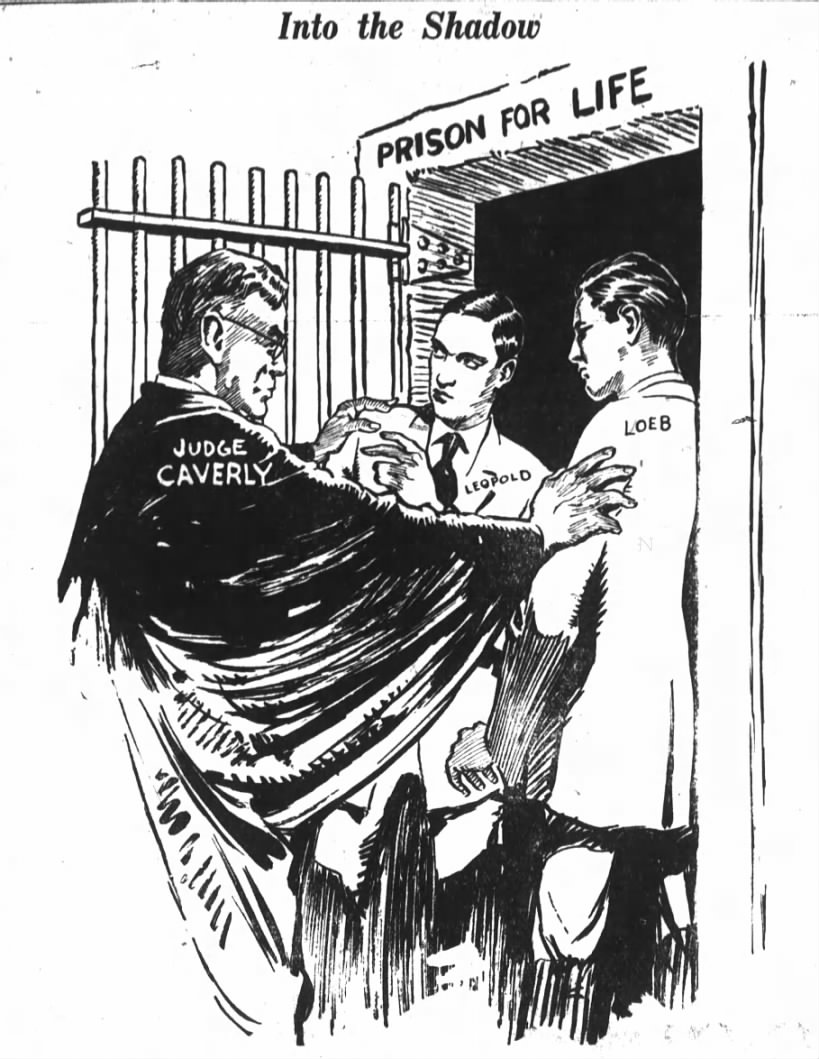

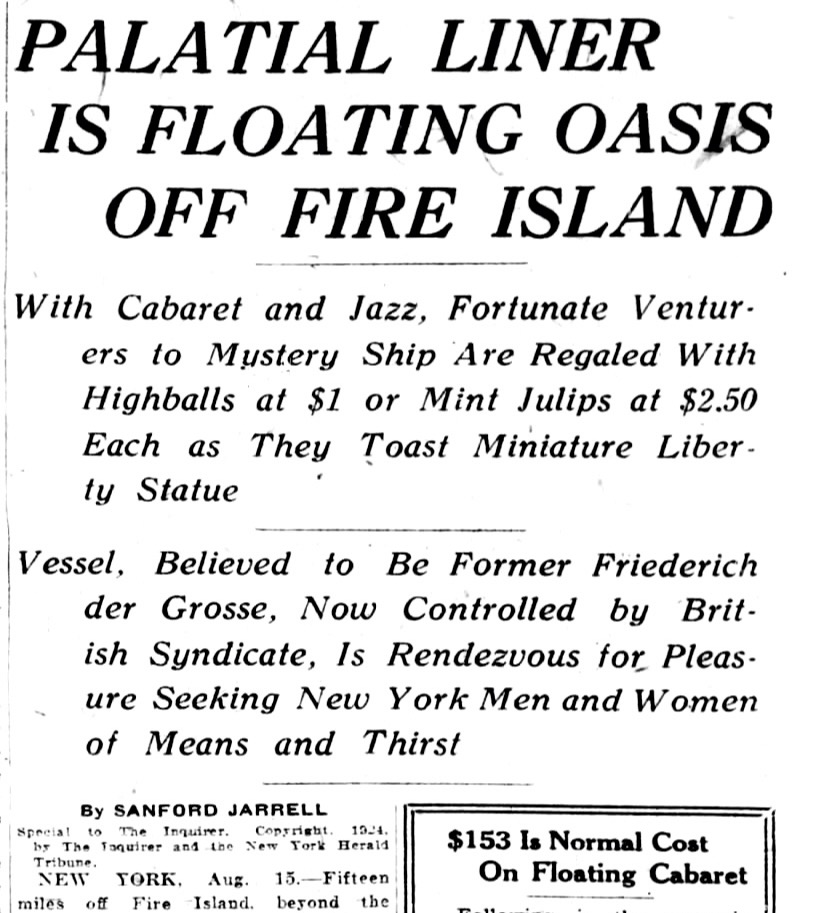


 Jarrell had been sent by his editors at the Herald Tribune to check on rumors of the floating pleasure palace off Fire Island, only to find nothing but open water. Rather than report this disappointment he imagines the most sensational story he can file and puts it to paper. 2/6
Jarrell had been sent by his editors at the Herald Tribune to check on rumors of the floating pleasure palace off Fire Island, only to find nothing but open water. Rather than report this disappointment he imagines the most sensational story he can file and puts it to paper. 2/6


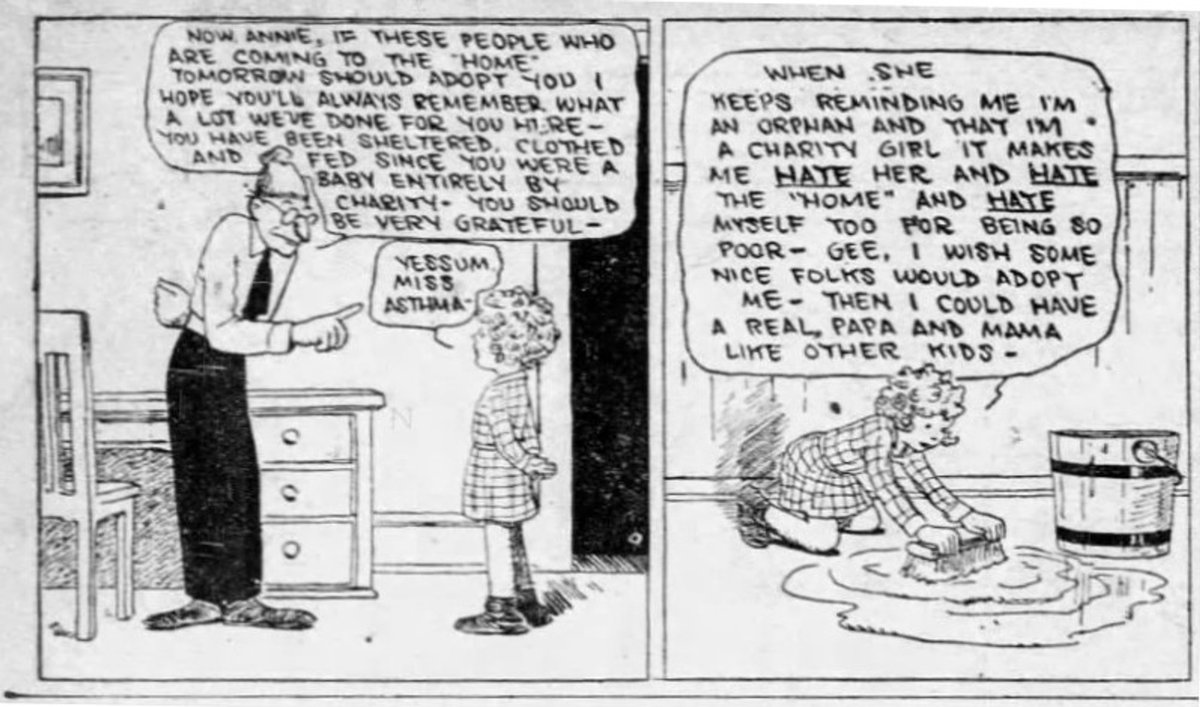
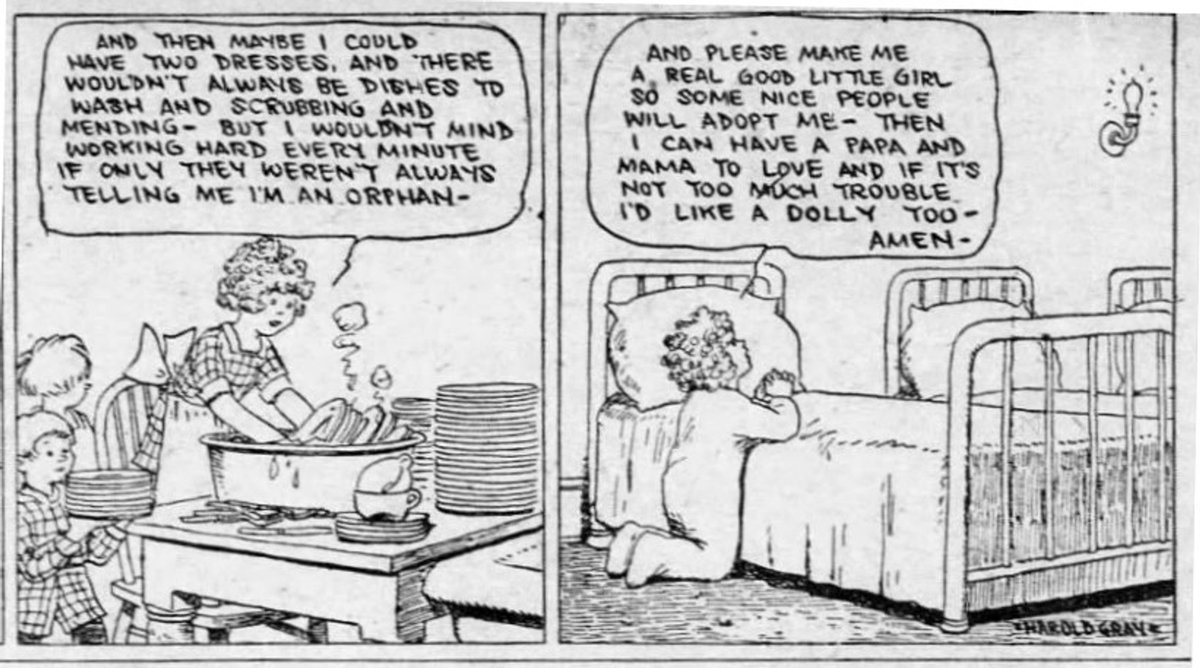 Gray has been a Chicago Tribune staff artist for several years, pitching ideas for the comic pages. His original idea is for an adventure strip about a boy, "Little Orphan Otto"—the title inspired by an unrelated James Whitcomb Riley poem, "Little Orphant Annie." 2/7
Gray has been a Chicago Tribune staff artist for several years, pitching ideas for the comic pages. His original idea is for an adventure strip about a boy, "Little Orphan Otto"—the title inspired by an unrelated James Whitcomb Riley poem, "Little Orphant Annie." 2/7 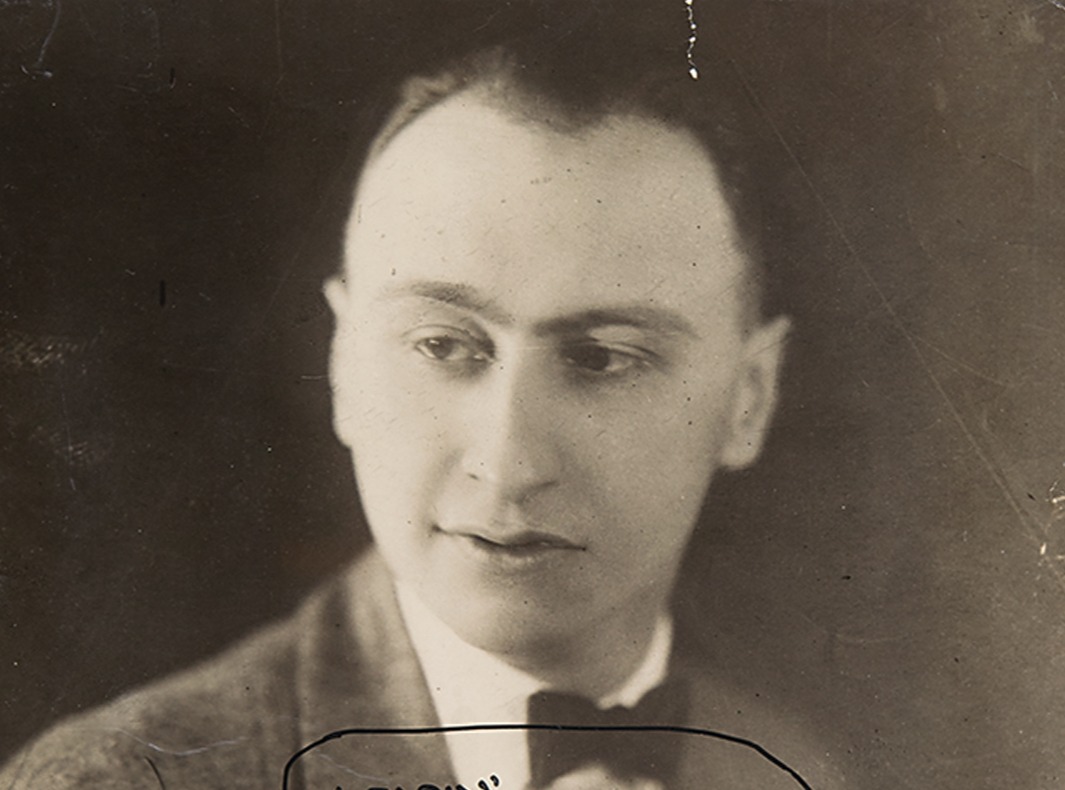




 This "Trial of the Century" will turn out to be an extended sentencing hearing before Judge John Caverly. The argument isn't that Leopold and Loeb, both 19, were insane—the guilty plea forecloses that option—but rather to show they are too immature to merit death. 2/6
This "Trial of the Century" will turn out to be an extended sentencing hearing before Judge John Caverly. The argument isn't that Leopold and Loeb, both 19, were insane—the guilty plea forecloses that option—but rather to show they are too immature to merit death. 2/6 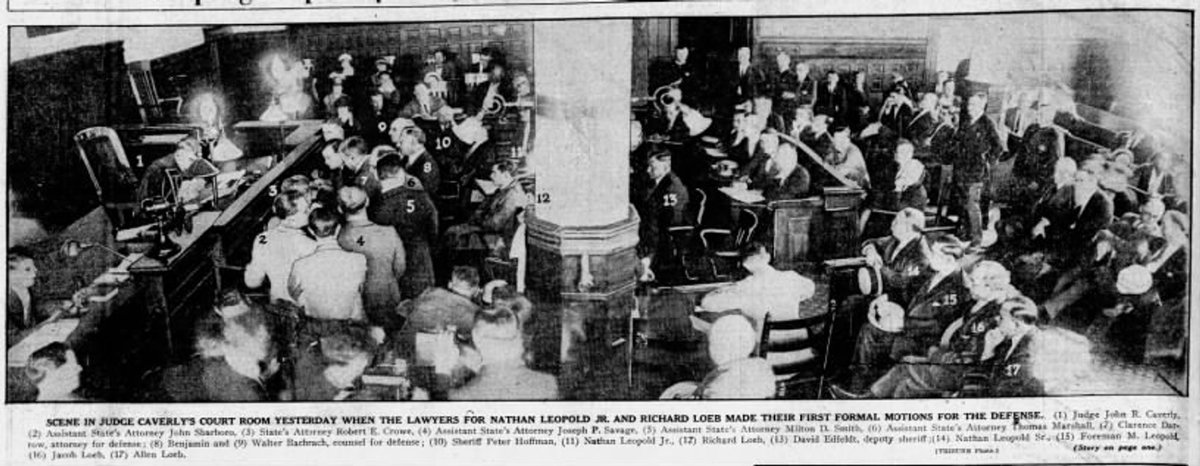



 Seemingly unflappable, Mussolini appealed for calm and for no mob violence: “Let nothing be done which will bring reproach to our beloved Italy.” Violet Gibson, a mentally ill daughter of Ireland’s former lord chancellor, was deported to the U.K. without charges. 2/3
Seemingly unflappable, Mussolini appealed for calm and for no mob violence: “Let nothing be done which will bring reproach to our beloved Italy.” Violet Gibson, a mentally ill daughter of Ireland’s former lord chancellor, was deported to the U.K. without charges. 2/3 



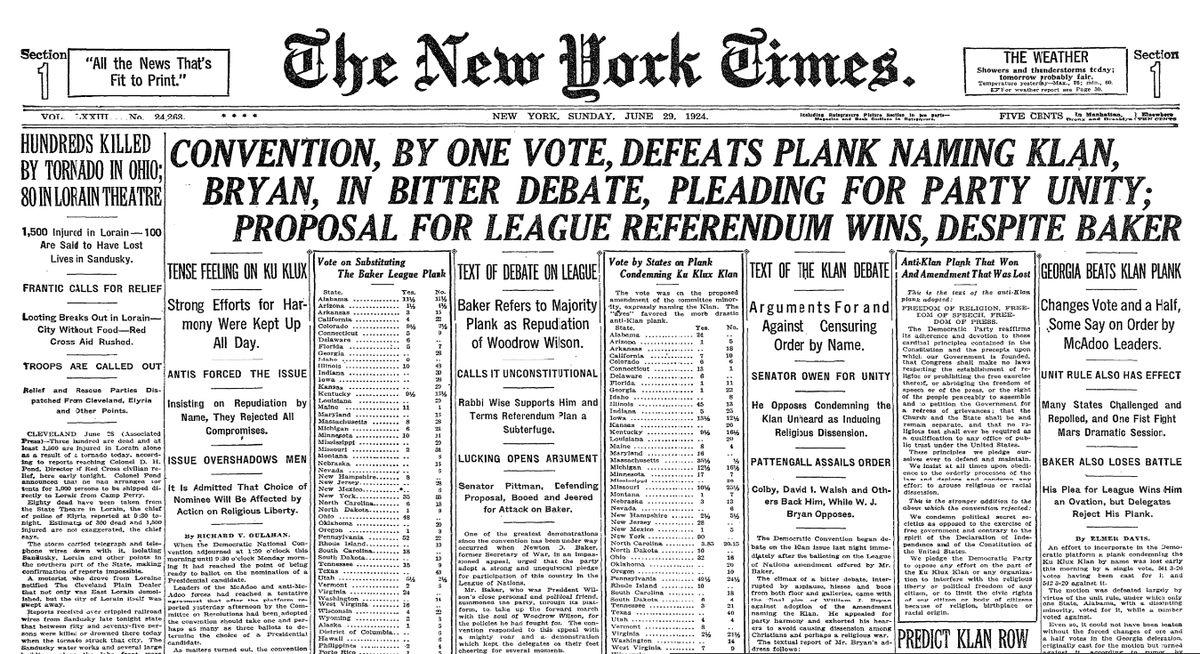 The Klan emerges as a bitterly polarizing issue for the party amid a surge in KKK membership and political influence across the South and Midwest. William McAdoo, who entered the convention as front-runner for the nomination, has Klan backing and refuses to condemn the group. 2/7
The Klan emerges as a bitterly polarizing issue for the party amid a surge in KKK membership and political influence across the South and Midwest. William McAdoo, who entered the convention as front-runner for the nomination, has Klan backing and refuses to condemn the group. 2/7 


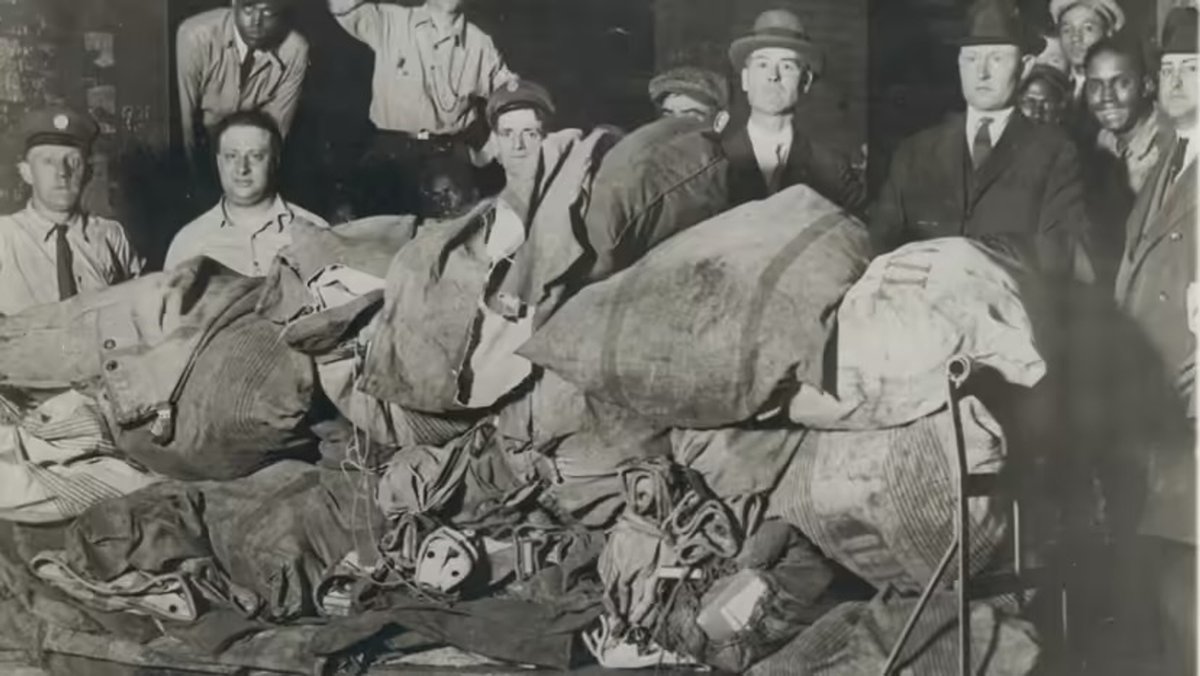
 The Texas siblings—from left, Willie (“Doc”), Willis, Joe and Jess—are credited with robbing 87 banks and six trains from 1919-24, aided by underworld connections and a lack of information sharing by local police forces. They’re known for politeness and skill with explosives. 2/4
The Texas siblings—from left, Willie (“Doc”), Willis, Joe and Jess—are credited with robbing 87 banks and six trains from 1919-24, aided by underworld connections and a lack of information sharing by local police forces. They’re known for politeness and skill with explosives. 2/4 



 Benito Mussolini has made no secret of his wish to rule Italy as a dictator since his 1922 March on Rome. However, he has paid lip service to the constitution, seeking approval for his actions from the parliament. This facade of respectability has been torn away by Matteotti. 2/7
Benito Mussolini has made no secret of his wish to rule Italy as a dictator since his 1922 March on Rome. However, he has paid lip service to the constitution, seeking approval for his actions from the parliament. This facade of respectability has been torn away by Matteotti. 2/7 



 The three-story wooden frame building on the shore of a remote lagoon in Playa del Rey, where girls with learning or behavioral disabilities could learn a trade, was known to be a fire hazard. School managers planned to move as soon as they could find a better location. 2/5
The three-story wooden frame building on the shore of a remote lagoon in Playa del Rey, where girls with learning or behavioral disabilities could learn a trade, was known to be a fire hazard. School managers planned to move as soon as they could find a better location. 2/5 



 Two children of privilege, Nathan Leopold, 18, and Richard Loeb, 19, had set out to prove their intellectual superiority yesterday by committing a spectacular crime that would never be solved. They kidnapped Bobby as he walked home from school, killed him and hid the body. 2/7
Two children of privilege, Nathan Leopold, 18, and Richard Loeb, 19, had set out to prove their intellectual superiority yesterday by committing a spectacular crime that would never be solved. They kidnapped Bobby as he walked home from school, killed him and hid the body. 2/7 
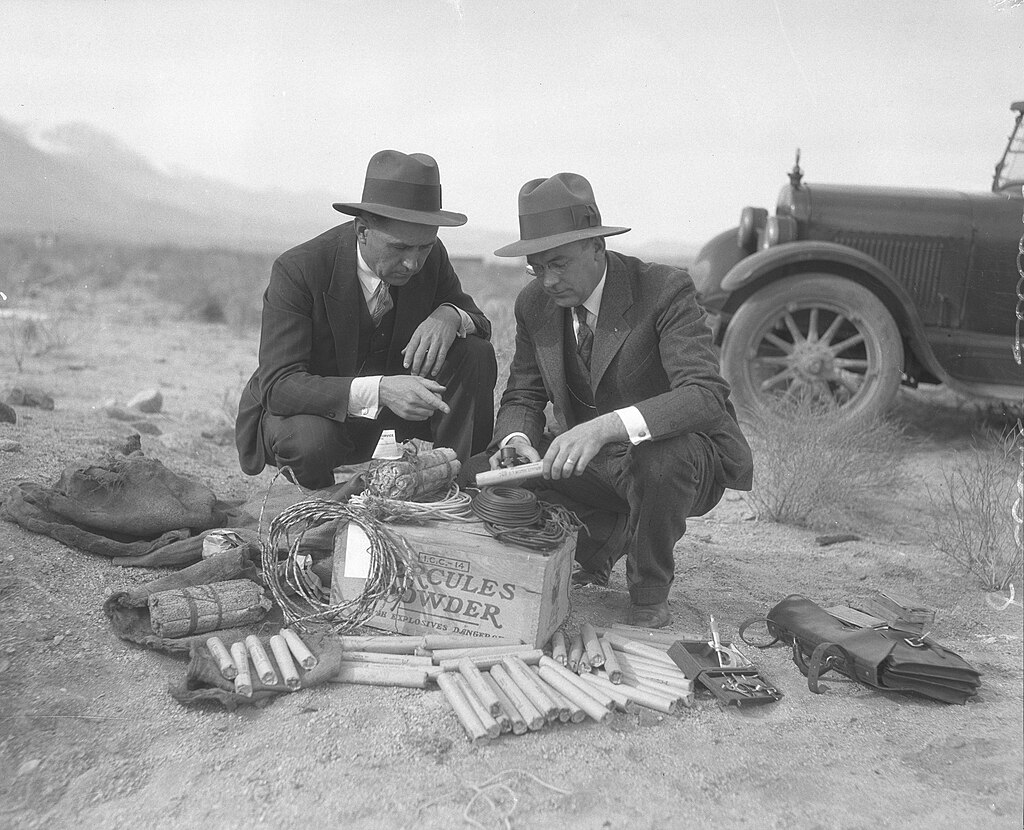

 Los Angeles recently topped 1 million in population and is ever thirstier for water. Much of its needs are supplied by the Owens aqueduct built by planner William Mulholland, but drought has severely reduced the flow. Owens Valley's crops and economy are meanwhile withering. 2/5
Los Angeles recently topped 1 million in population and is ever thirstier for water. Much of its needs are supplied by the Owens aqueduct built by planner William Mulholland, but drought has severely reduced the flow. Owens Valley's crops and economy are meanwhile withering. 2/5 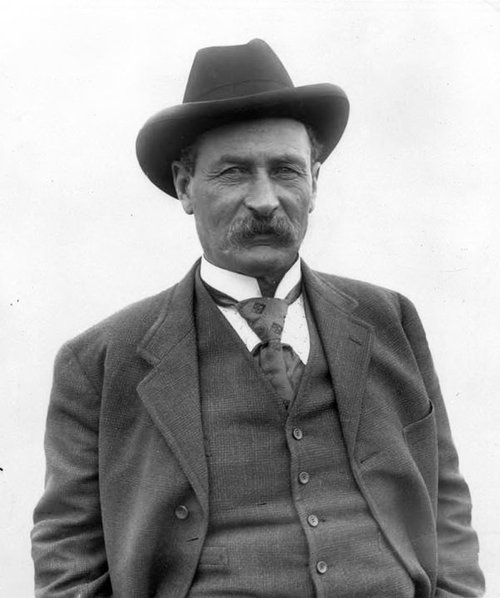

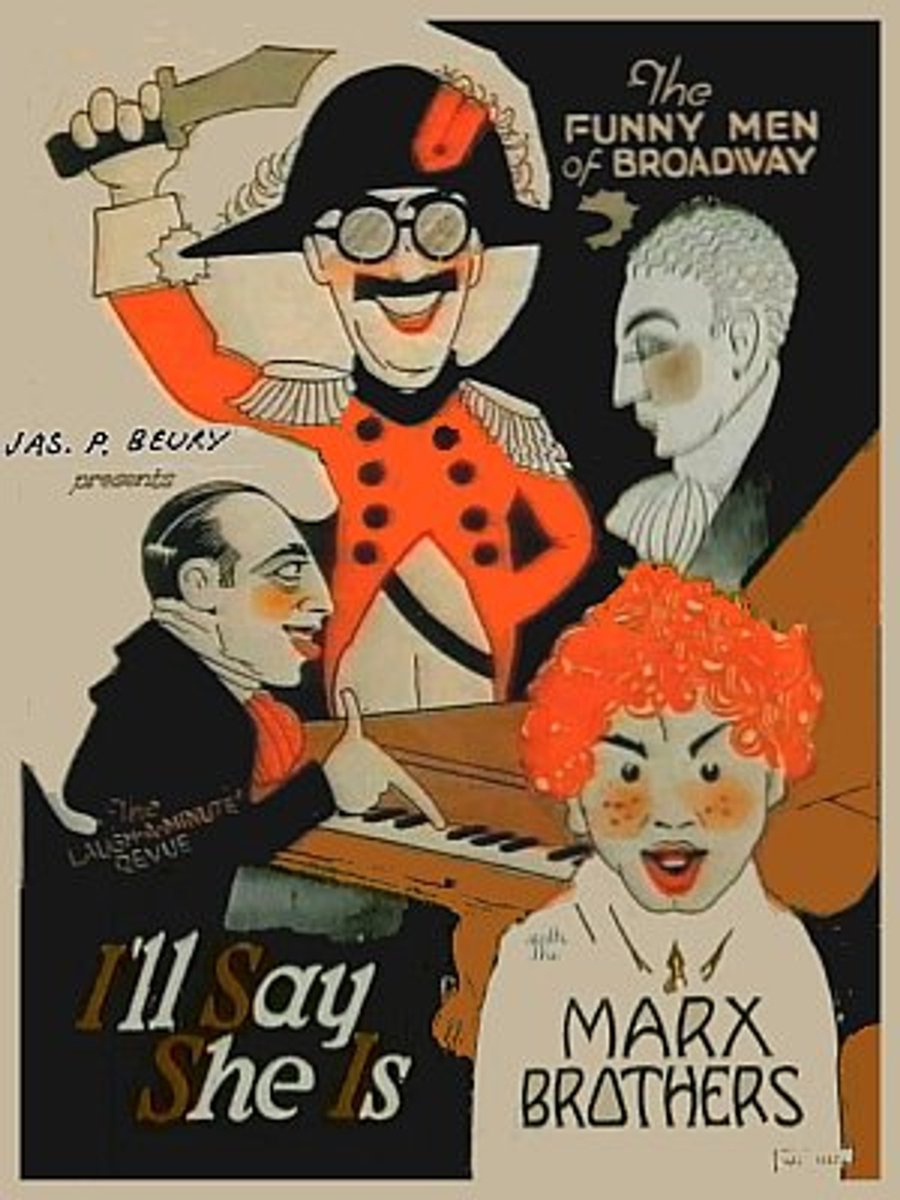

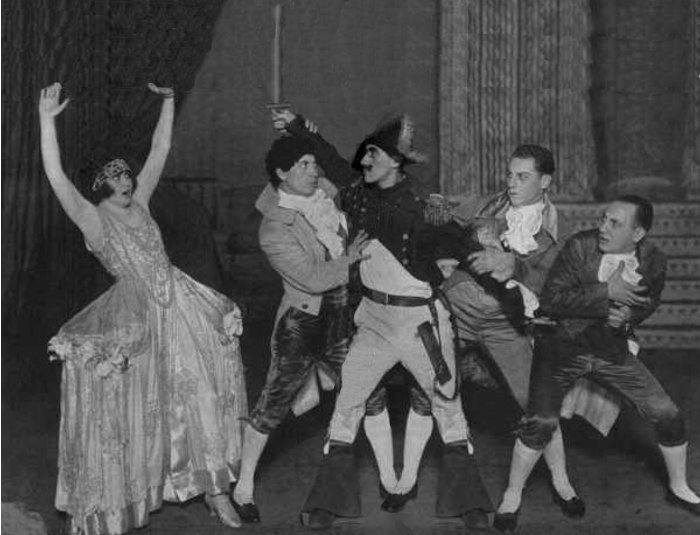
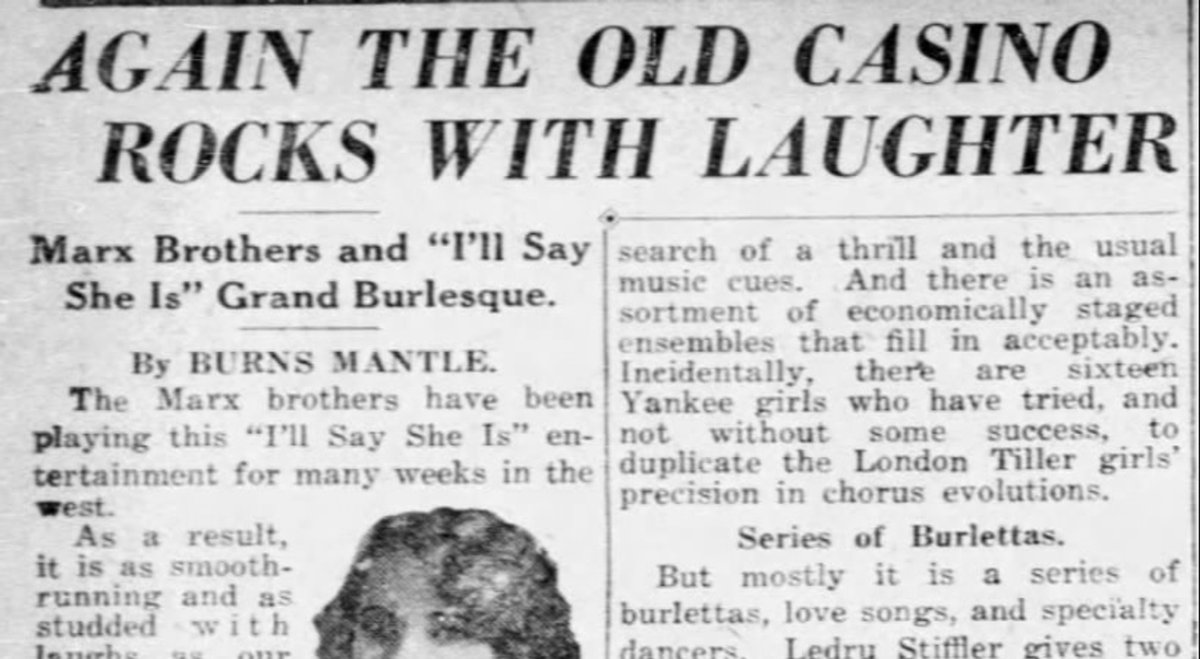 “I’ll Say She Is” perfects the brothers’ routine, honed over a quarter-century in vaudeville, interspersed with musical numbers in which they don’t participate. Harpo is silent, Chico a wiseacre, Zeppo the straight man, and Groucho the quick-witted, self-deprecating leader. 2/4
“I’ll Say She Is” perfects the brothers’ routine, honed over a quarter-century in vaudeville, interspersed with musical numbers in which they don’t participate. Harpo is silent, Chico a wiseacre, Zeppo the straight man, and Groucho the quick-witted, self-deprecating leader. 2/4 
